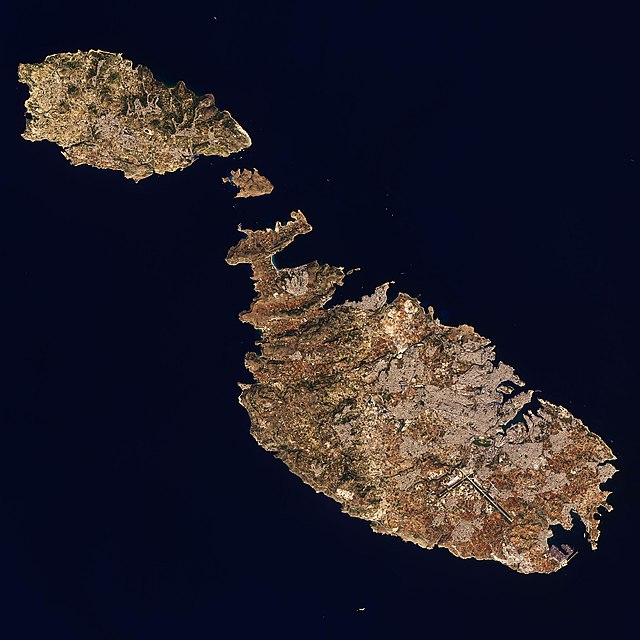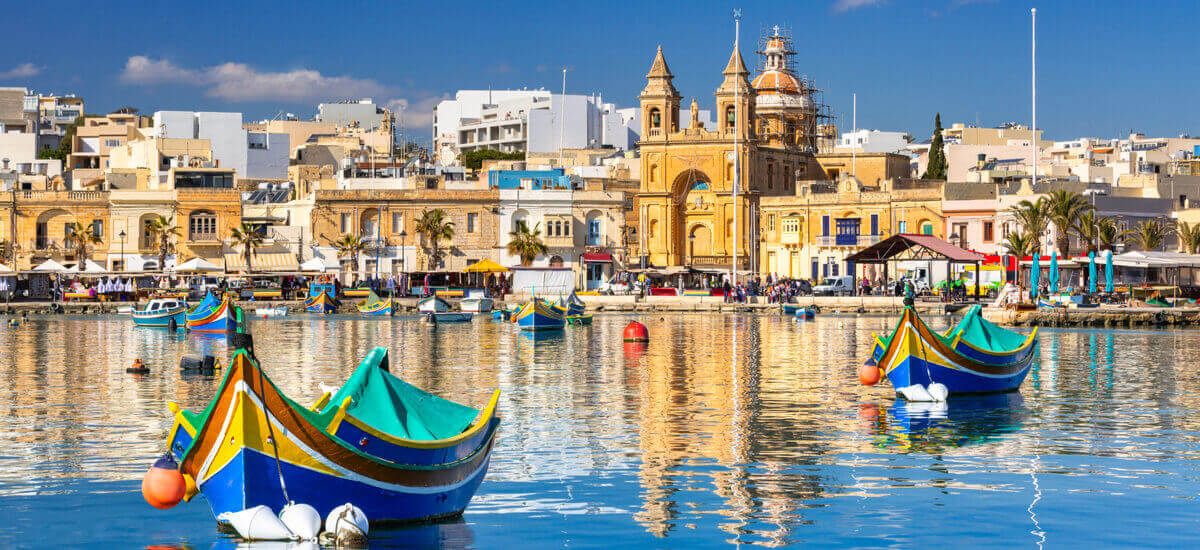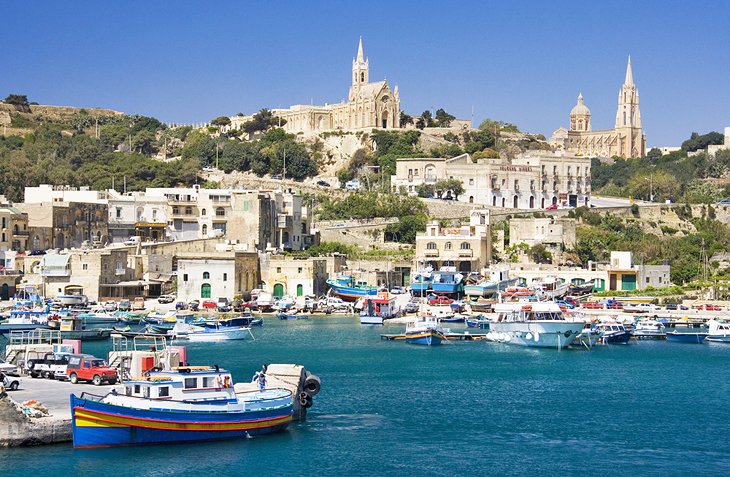Are you interested in understanding the intricacies of Malta’s tax system? Look no further, as this comprehensive guide aims to provide you with a thorough understanding of the tax landscape in Malta. With tax rates similar to those in Western Europe and North America, Malta offers different tax rates for residents and non-residents. But what exactly are these rates and how do they affect individuals? In this guide, we will delve into topics such as residency and taxation, income tax and deductions, capital gains and property tax, as well as the advantages and considerations of Malta’s tax system. Whether you are a foreign resident, expat, retiree, or EU national, this article aims to equip you with the knowledge needed to navigate and comprehend Malta’s tax system effectively. So, let us embark on this journey of understanding Malta’s tax system together.
Key Takeaways
- Malta has a tax system similar to Western Europe and North America.
- Foreign residents of Malta only pay tax on income generated in Malta or remitted to Malta.
- Expats under special residence schemes pay a flat 15% on income made in Malta or remitted to Malta.
- Malta has favorable tax rates compared to other European jurisdictions.
Tax Rates in Malta
The tax rates in Malta vary depending on the individual’s income and residency status, with the top tax bracket paying 35% of their income above the threshold. Malta operates a progressive system of tax brackets, where individuals are taxed at different rates based on their income. Tax exemptions are available for certain categories, such as retirees who enjoy exemptions on capital gains realized abroad and pension income from private pension schemes. Additionally, favorable tax rates are applied to dividend and interest income earned abroad and remitted to Malta. It is important to note that non-residents with economic interests in Malta have no deductions at source for dividends, interest, and royalties. Overall, Malta’s tax rates are fair and progressive, offering various exemptions and deductions to different categories of taxpayers.
Residency and Taxation
Residency status in Malta determines the tax obligations for individuals. Foreign residents of Malta are only required to pay tax on income generated within Malta or remitted to Malta. This means that individuals who are not residents of Malta can take advantage of tax benefits by only being subject to tax on income earned within the country. However, it is important to note that there are exceptions and situations where becoming a Maltese citizen may subject individuals to Malta’s entire tax system. Additionally, there are different tax rates for resident foreigners under special residence schemes, such as expats who pay a flat 15% on income made in Malta or remitted to Malta. Therefore, understanding the residency requirements and tax benefits in Malta is crucial for individuals seeking to optimize their tax liabilities.
Income Tax and Deductions
To effectively navigate Malta’s tax landscape, individuals must grasp the intricacies of income tax rates and deductions, ensuring they optimize their financial liabilities. Understanding the tax brackets is crucial, as they determine the percentage of tax owed based on one’s income level. Malta employs a progressive system, with tax rates ranging from 0% to 35%. Deductions play a significant role in reducing taxable income. Individuals can benefit from various deductions, such as alimony, loan interest, and certain expenses. These deductions help to lower the overall tax burden, allowing individuals to retain more of their hard-earned income. It is important to carefully review and understand the available deductions to ensure compliance with Malta’s tax regulations and maximize tax savings.
Capital Gains and Property Tax
Capital gains and property tax in Malta are important aspects of the tax system that individuals need to understand in order to fulfill their tax obligations and make informed financial decisions. When it comes to capital gains, Malta generally taxes them along with other income, except for immovable property. This means that individuals who sell a property in Malta may be subject to income tax on the profit they make from the sale. Additionally, the buyer of the property is also required to pay stamp duty. On the other hand, rental income is considered as regular income in Malta and is taxed accordingly. It is important for individuals to be aware of the tax implications of selling property and the taxation on rental income in order to properly plan their finances and meet their tax obligations in Malta.
Advantages and Considerations
One of the advantages of Malta’s tax system is the availability of various residence schemes with different tax rates for foreigners. These schemes provide opportunities for tax planning and can be beneficial for individuals looking to optimize their tax liabilities. Foreigners can take advantage of these schemes to enjoy tax exemptions on certain types of income, such as wealth, inheritance, and certain investment income. This can result in significant tax savings for individuals who choose to settle in Malta.
Additionally, the availability of different residence schemes allows individuals to choose the scheme that best suits their needs and circumstances. Whether it is the Global Residence Programme, the Malta Residence and Visa Programme, or the Highly Qualified Persons Rules, foreigners have options to structure their tax affairs in a way that is most advantageous to them. This flexibility in tax planning is a major advantage for individuals seeking to take advantage of Malta’s favorable tax system.
Frequently Asked Questions
What are the specific tax rates for different income brackets in Malta?
Tax rates in Malta vary based on income brackets. The top tax bracket pays 35% of their income above the threshold. Foreign residents only pay tax on income generated in Malta or remitted to Malta.
Are there any tax incentives or exemptions for foreign residents in Malta?
Tax benefits for non-residents in Malta include special residence schemes with a flat 15% tax rate on income generated in or remitted to Malta. Expatriate tax regulations also provide exemptions on capital gains and pension income for retirees.
How are capital gains taxed in Malta, especially in relation to the sale of immovable property?
Capital gains in Malta are generally taxed along with other income, but there are exemptions for immovable property. The tax implications for the sale of commercial properties vary depending on the circumstances and should be carefully considered.
Are there any specific tax implications for inherited properties in Malta?
Tax implications for inherited properties in Malta include reduced tax rates for heirs. The impact of the property market on inheritance taxes is that selling a property incurs stamp duty for the buyer and income tax for the seller.
What are the considerations for individuals looking to find a tax advisor in Malta?
When looking for a tax advisor in Malta, key considerations include their qualifications and expertise. It is important to find someone who is knowledgeable in Maltese tax laws and regulations to ensure accurate and reliable advice.













